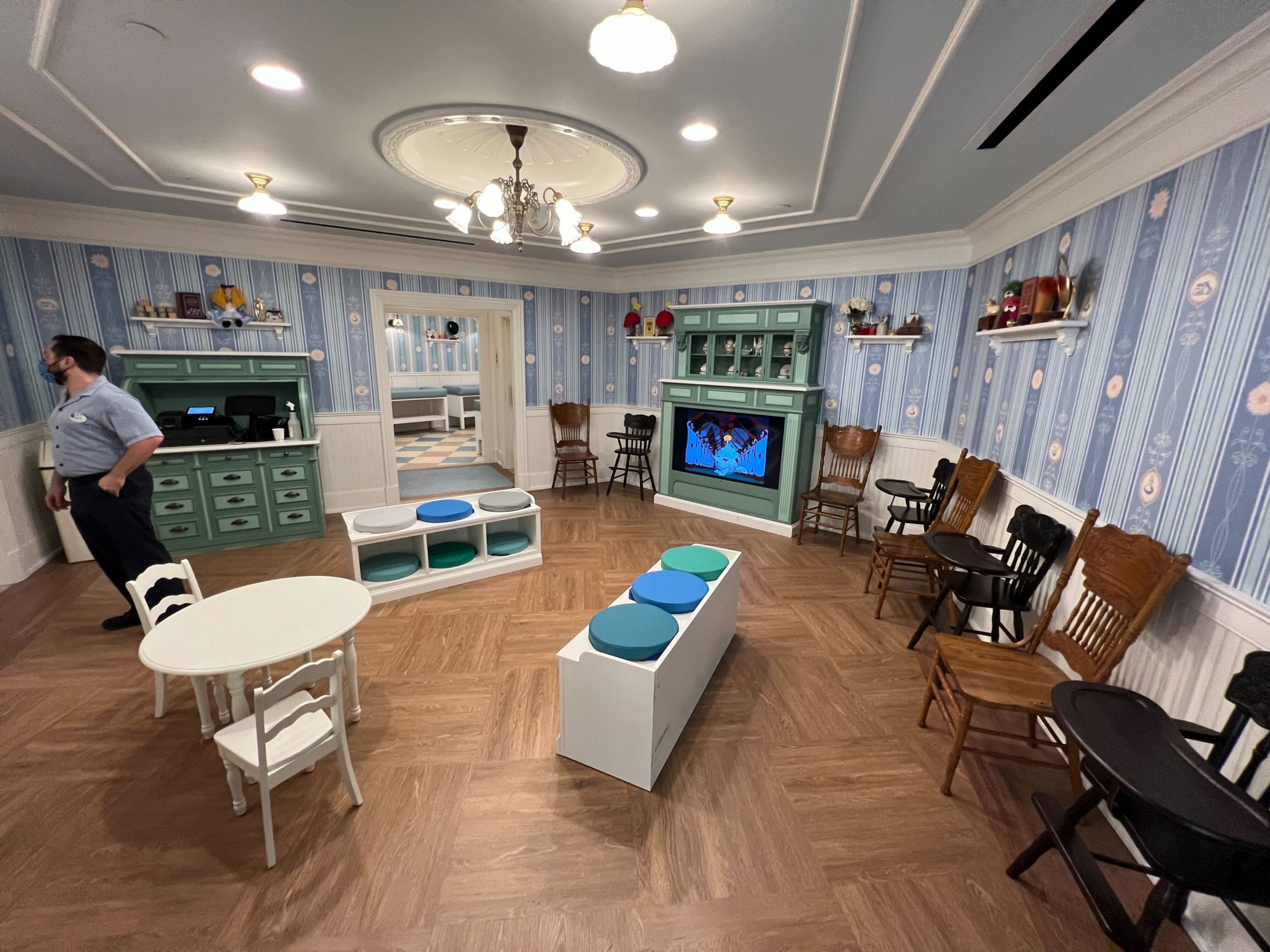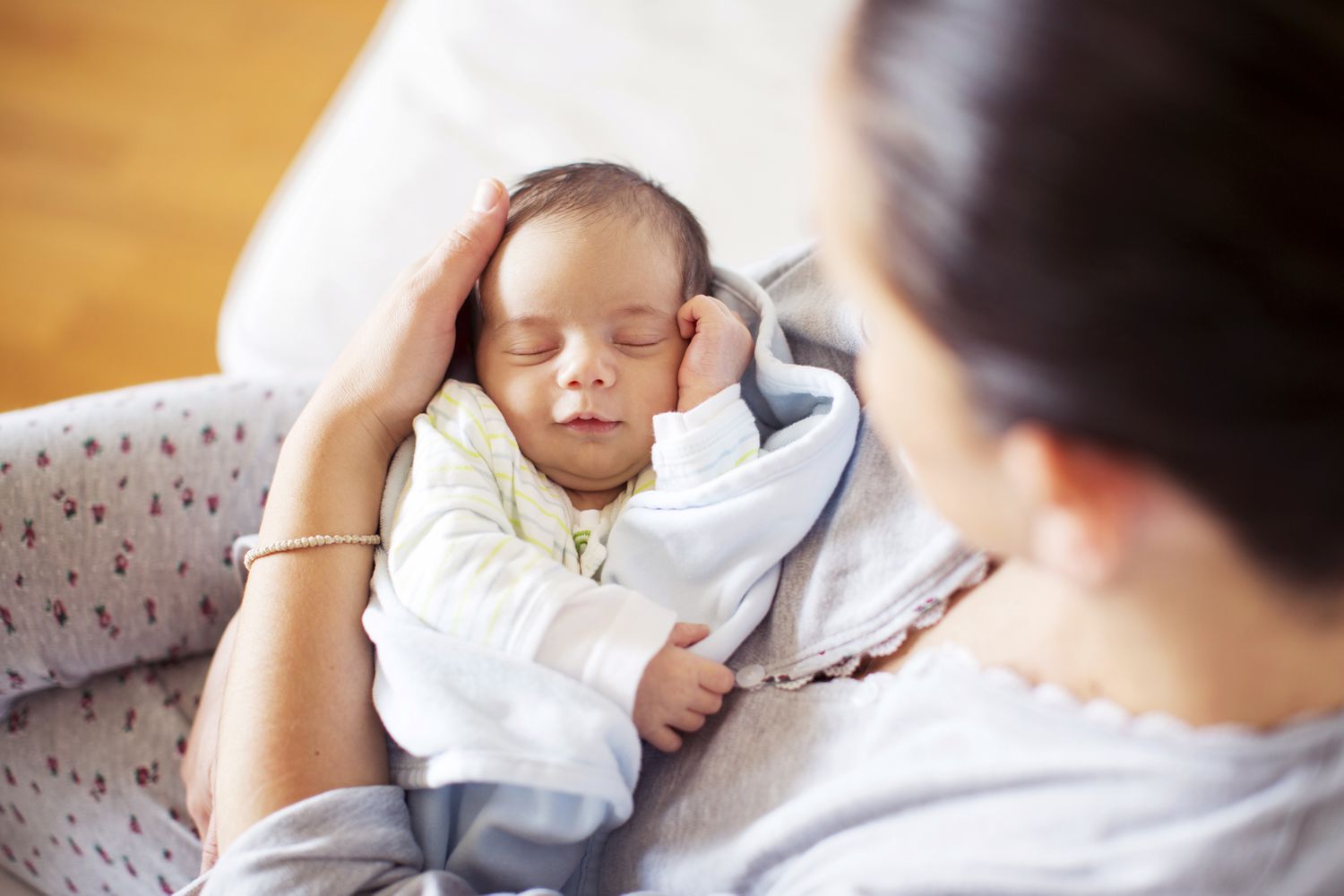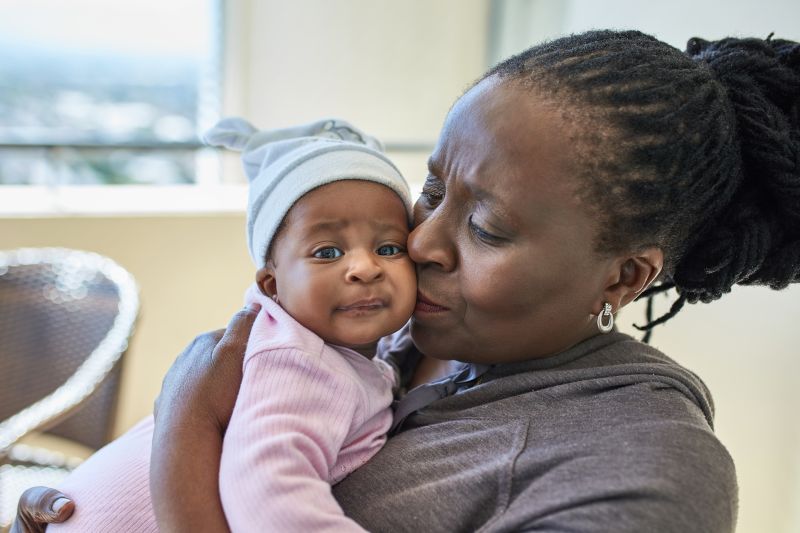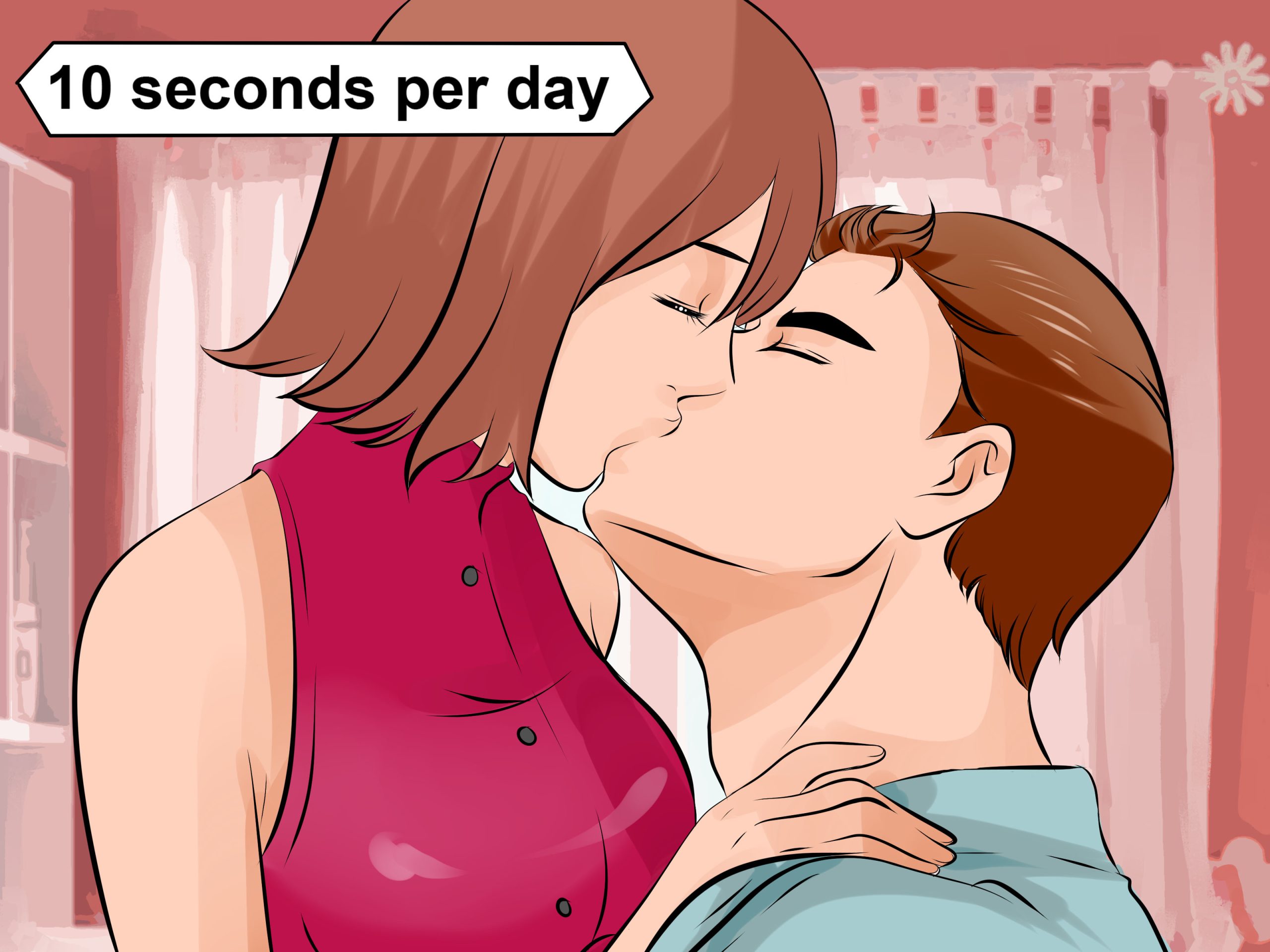Is Nursery Good for 1 Year Old?
Nursery Good can be beneficial for 1-year-olds due to socialization and early learning opportunities. Nurseries provide a safe and stimulating environment for children to develop their social skills while also gaining exposure to educational activities and age-appropriate toys.
Additionally, nurseries can offer a break for parents who need to work or attend to other responsibilities, allowing them peace of mind knowing their child is being cared for in a nurturing environment. However, it’s important to evaluate the quality of the chosen nursery and ensure it meets your child’s needs and values.
Communication with the nursery staff is also essential to ensure your child’s comfort and safety. With proper research and communication, nurseries can be an excellent option for 1-year-olds.

Credit: www.yummytoddlerfood.com
Benefits Of Sending Your 1 Year Old To Nursery
Sending a 1 year old to nursery can have many benefits. One of the main advantages is improved social skills. Interacting with other children can help toddlers develop better communication and language skills. Nursery provides a structured environment where children can learn new activities, which could ultimately prepare them for kindergarten and formal schooling.
For parents who are worried about the social development of their 1 year old, nursery can be a great option. By fostering a sense of community amongst toddlers, they can be introduced to a more diverse set of experiences that may be missing in their home environment.
Ultimately, when considering if nursery is good for your 1 year old, it is worth weighing up the benefits it could bring to both parents and children.
Potential Risks Of Sending Your 1 Year Old To Nursery
Sending a 1-year-old child to nursery comes with potential risks. Emotional separation anxiety can affect both the child and the parents. There is an increased exposure to illnesses and infections in a group setting. Large class sizes can result in inadequate attention and care.
Moreover, negative effects on attachment formation and bonding with parents may occur. It’s crucial to weigh the pros and cons before making a decision. Although nursery can provide an opportunity for early socialization and learning, it’s essential to consider the child’s developmental needs and well-being first.
Ultimately, the decision lies with the parents and what they believe is best for their child.
Factors To Consider When Deciding Whether To Send Your 1 Year Old To Nursery
Sending your 1-year-old to nursery is a personal decision that involves weighing several factors. One critical element to consider is the financial cost of nursery versus caring for the child at home. The availability of quality nurseries in your area also matters significantly.
Another factor to think about is your availability as a parent to drop off and pick up your child from nursery. Your personal beliefs and values about childcare and early education are also essential factors to assess. Ultimately, the decision to send your 1-year-old to nursery depends on your family’s individual circumstances.
However, with careful consideration of the factors mentioned above, parents can make an informed decision that supports their child’s healthy growth and development.
Alternatives To Nursery For 1 Year Olds
Whether or not to send a 1-year-old to nursery is a personal choice for parents. For those who prefer alternatives, in-home childcare options such as hiring a nanny or babysitter can provide a personalized and comfortable environment for the child.
Playgroups or mommy and me classes can also be a great way to introduce your child to socialization and different play activities. Staying at home with your child and incorporating educational activities can also be a viable option for some parents.
Ultimately, it’s important to consider your child’s personality and individual needs when deciding on their care.
Tips For Choosing The Right Nursery For Your 1 Year Old
Choosing the right nursery for your one-year-old can be a challenging decision. Research is key in finding a place that meets your child’s needs. Visiting potential nurseries will allow you to see the environment and interact with teachers. Check for proper licensing and certifications to ensure that the facility meets safety standards.
Inquiring about curriculum and daily activities can give you insight into your child’s day. Asking for references and reviews from other parents can provide valuable feedback. Overall, taking the time to find the right nursery can provide your one-year-old with an engaging and educational experience.
Frequently Asked Questions Of Is Nursery Good For 1 Year Old?
What Is The Ideal Age To Start Nursery?
It is recommended to start at 2 years old as they have better communication and social skills.
Is Nursery A Good Idea For A 1 Year Old?
Nursery can have benefits for socialisation, development and education, but it is a personal choice.
Will Sending My 1 Year Old To Affect Our Bond?
No, sending your child to nursery should not have any negative effect on your bond.
How Many Days Per Week Should A 1 Year Old?
It’s best to start with short hours twice a week and gradually increase, depending on your child’s needs.
Is Nursery A Safe Place For My 1 Year Old?
Yes, nurseries have strict guidelines and regulations they must follow to ensure the safety of every child.
Conclusion
Deciding whether nursery is good for a 1-year-old requires careful consideration from parents or guardians. While there are arguments for and against placing a child in nursery this early, the benefits of quality early education cannot be overlooked. Nursery provides a structured and stimulating environment that can help young children develop important social, emotional, and cognitive skills.
Nevertheless, it is important to choose a nursery with experienced staff, appropriate facilities, and a nurturing atmosphere for optimal results. Parents should also evaluate the specific needs of their child and whether they are ready for the separation from parents or caregivers.
Overall, nursery can be beneficial for 1-year-olds if chosen carefully and monitored closely. In the end, the decision ultimately rests with the parents and the well-being of their child.






